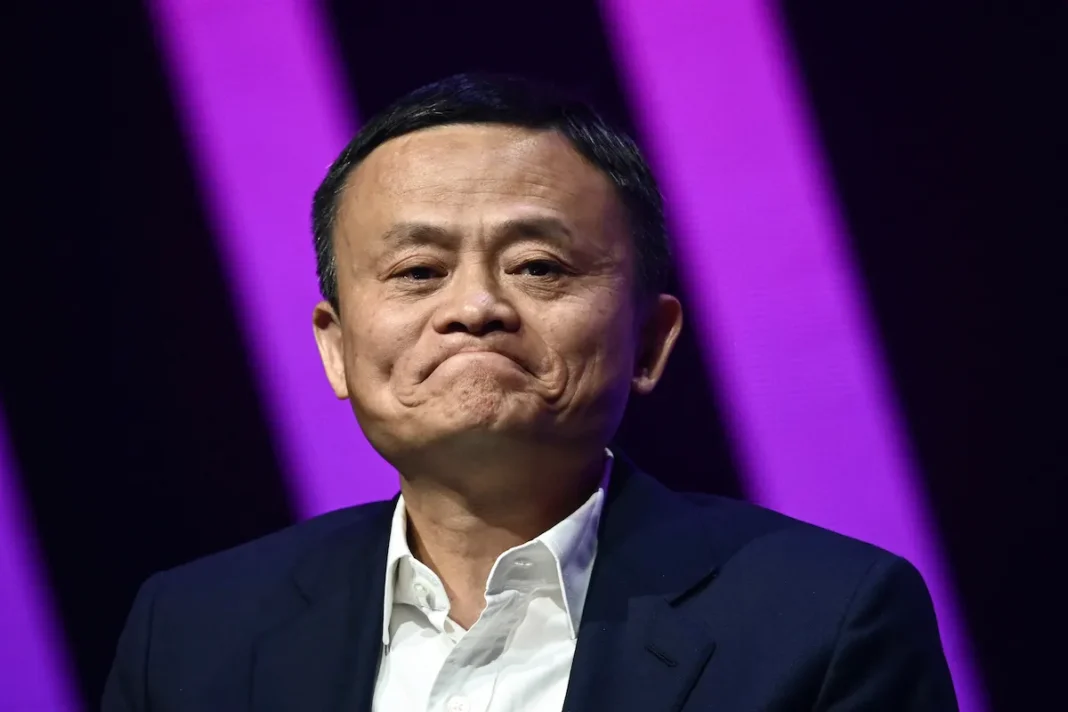In May 2022, China’s Vice Premier Liu He signaled the government’s intention to end its “regulatory rectification” campaign — a raft of regulations imposed on the education, ride-sharing and technology sectors.
He is the top economic advisor to Chinese President Xi Jinping — so his message must have been approved by Xi, who seems to have finally awoken to the damage the year-long crackdown has wrought on investor sentiment.
The Heng Seng index dropped by 23.7% between December 2020 and mid-May 2022, a result partly explained by the regulatory crackdown. While the worst appears to be over, the deeper issues caused by the campaign remain unresolved.
One interpretation of the regulatory crackdown is that the campaign is part of Xi’s strategy to steer China towards a Maoist model of governance in which the private sector is significantly downsized and private companies are “likely to lose what is left of their independence and become mere appendages of the state.”
Yet recent research contradicts this view as China’s economy is increasingly penetrated by the private sector. In the 2015–2021 period, the number of private Chinese Fortune 500 companies tripled from 9 to 32, while the number of all Chinese Fortune 500 companies — including state-owned enterprises (SOEs) and companies under mixed ownership — increased by only 40%.
Another interpretation is that wealth inequality is the target of China’s tech crackdown. Founders of technology companies are now among China’s richest citizens, a statistic that Xi could see as an “excess of capitalism” and a barrier to “common prosperity.”
But expropriating the combined wealth of China’s top tech entrepreneurs would have no impact on the country’s massive income inequality. The majority of China’s top 100 billionaires appear untouched by the ‘common prosperity’ imperative.
The most likely explanation for the campaign is that it is an assault on China’s entrepreneurial private sector. The companies targeted include taxi-hailing platform DiDi, Alibaba affiliate Ant Financial, entertainment streaming service Tencent, food delivery platform Meituan and e-commerce company JD.com.
International Management Professor Yansheng Huang’s “varieties of capitalism” framework suggests that these companies eschew business opportunities from state-owned connections, relying instead on their founders’ entrepreneurial genius and international investors.
This distance from the state is being disrupted by the crackdown through which the Chinese Communist Party is moving to solidify political control over corporate cash flows.
China’s large private companies have grown through joint ventures with “special investors” — namely SOEs — over the past 20 years. The 2000–2019 period witnessed a fivefold increase in such joint ventures. In 2019, 358 of the 542 largest private companies were directly connected with SOEs, while 73 had indirect connections.
The universe of China’s largest companies resembles a maze in which ”large private owners are deeply connected to the state and large state owners have deep ties with private owners.” This maze is exemplified by the East Hope Group conglomerate — a corporate group that operates 236 companies, including 15 “special investor” joint ventures.
Though well evidenced, the specifics of these connections are vague and assumed to be beneficial to large private companies. While true, such connections involve SOEs laying claim to private cash flows in exchange for proprietary market opportunities.
These “special deals” involve “access money” — a form of ‘profit sharing with Chinese characteristics’ in which private companies pay for growth opportunities by sharing equity with SOEs, whose leaders likely pay opaque rents to senior Party officials.
A large private company may choose to be “disconnected” from the state when its business model and access to private capital removes the need to pay “access money.” This is the case for top tech platforms targeted by the crackdown, whose digital platforms can generate revenue by signing up more users and selling services without the need for “special investors.”
DiDi’s extremely slim and transparent corporate structure, as shown in the company’s initial public offering prospectus, is an interesting case. Few state-affiliated investors participated in DiDi’s earlier fundraising rounds, as its founders have always sought to raise capital from world-famous names such as Apple, Temasek and Alibaba.
Softbank, Tencent and Uber were DiDi’s principal shareholders after the initial public offering round — a very different world to East Hope Group.
It is hardly surprising that these companies have enraged the CCP. Former executive chairman of Alibaba Group Jack Ma’s criticism of China’s regulatory and financial system may have triggered this fury, but the underlying reasons go much deeper.
While these companies raised billions of dollars without paying “access money” and maintained distance from the Communist Party, demand for profit sharing eventually materialized into a government-led regulatory crackdown.
It remains unclear how DiDi’s case will unfold (the company was fined 8 billion yuan (US$1.18 billion) by a Chinese regulator last week for breaking data security laws), but much can be learned from looking back on Jack Ma’s experience with Ant Financial.
Though Ant Group might be allowed to proceed with its much-delayed public offering on the Hong Kong stock exchange, the company has paid a steep price. Regulators are pushing for a corporate restructuring in which Ant Financial will take on SOE partners to run what were once privately-owned business units.
The future of China’s entrepreneurial capitalism looks decidedly grim.
Martin Miszerak is Visiting Lecturer at Renmin Business School, Renmin University, Beijing.
This article was first published by East Asia Forum, which is based out of the Crawford School of Public Policy within the College of Asia and the Pacific at the Australian National University. It is republished under a Creative Commons license

